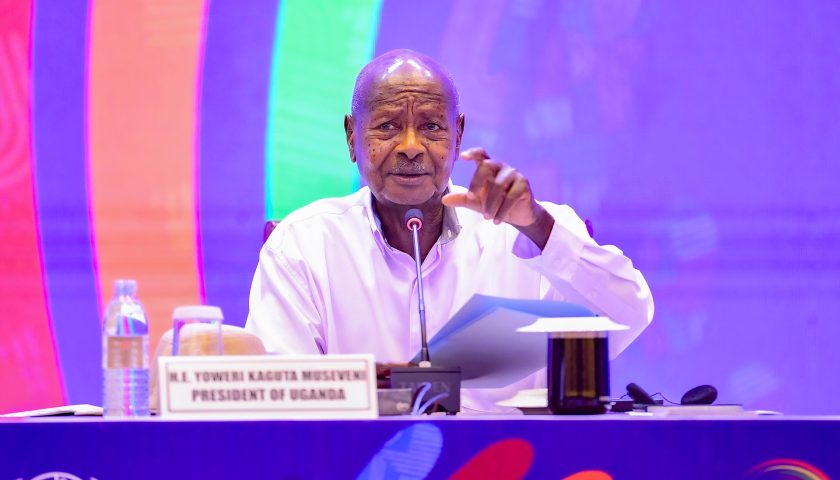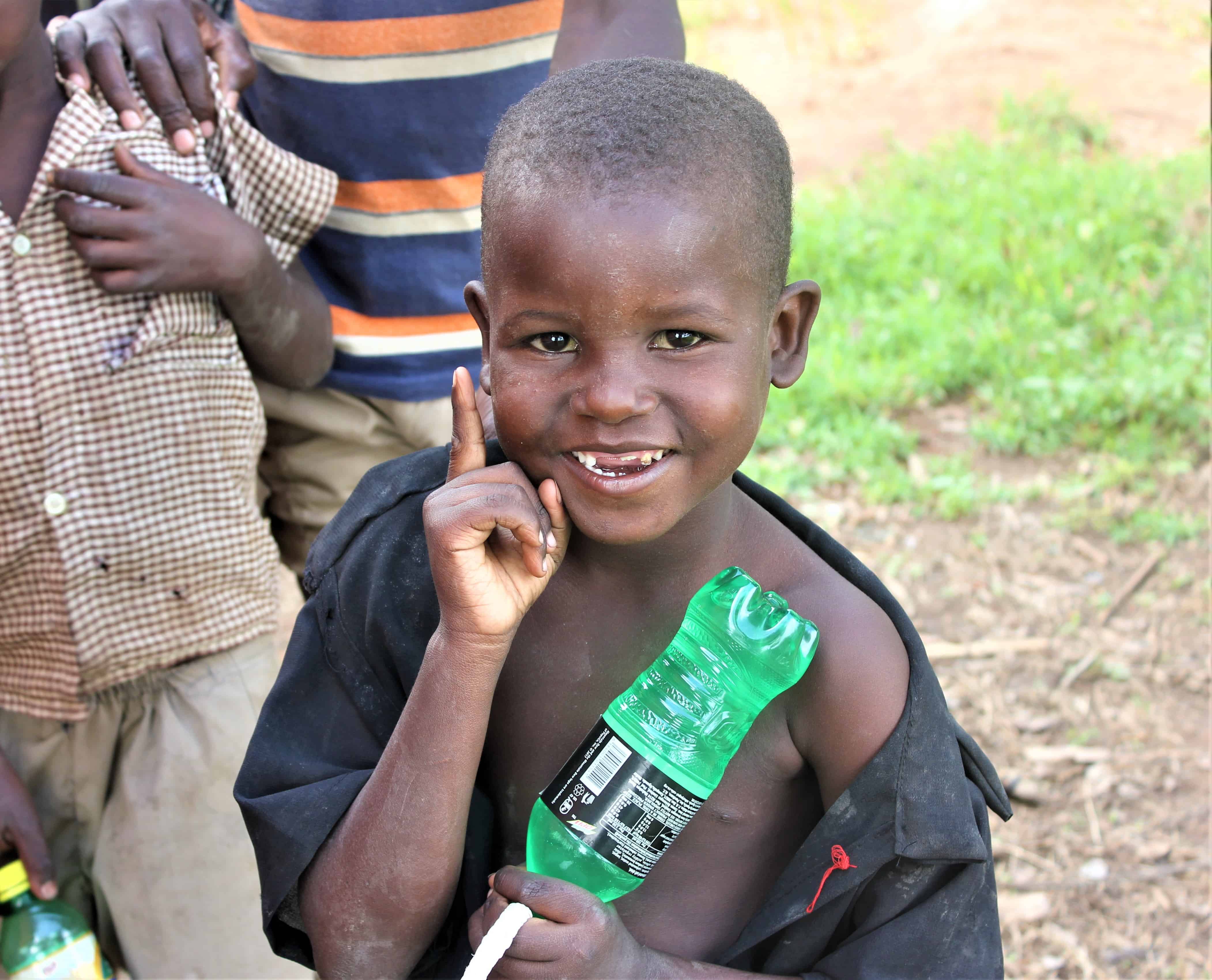ARFSD – 11: President Yoweri Kaguta Museveni has urged African leaders to remove obstacles hindering socio-economic progress on the continent. In his speech at the 8th African Leadership Forum, he emphasised the importance of adding value to local products, creating larger regional markets, and improving infrastructure to ensure sustainable development.
The 8th African Leadership Forum, co-hosted by former Tanzanian President Jakaya Kikwete and former Ethiopian Prime Minister Hailemariam Desalegn, aims to address Africa’s key development issues. The event is being held alongside the ARFSD-11, under the theme “Realising Sustainable Development Goals in Africa: Progress and Way Forward.” This theme calls for faster progress towards the United Nations’ 2030 Agenda and the African Union’s Agenda 2063.
Museveni used Uganda’s coffee industry as an example. He explained that while raw coffee beans sell for about $2.5 per kilogram, processed coffee can earn up to $40 per kilogram.
“Africa loses over $20 for every kilogram it exports raw materials,” he said. He also cautioned against the export of minerals like iron ore, recalling a proposal to sell it to India for just $47 per tonne. “Why send raw minerals abroad? Keep them here until we can add value ourselves,” he added.
On the topic of regional markets, Museveni pointed out that Uganda produces 5.3 billion litres of milk annually but consumes only 200 million litres. He stressed the need for larger markets within Africa and called for better infrastructure, including affordable transport options like rail and water transport, which the region already has.
Museveni highlighted that for true economic transformation, countries must invest in human capital. A country cannot develop if its population is uneducated, unhealthy, and lacks skills. He referred to initiatives like Entandikwa and Operation Wealth Creation in Uganda, which are helping people shift from subsistence farming to commercial production.
Jakaya Kikwete, former President of Tanzania, reiterated the forum’s role in promoting regional cooperation and sustainable growth. He urged leaders to focus on long-term solutions to Africa’s development challenges.
More Insights at the ARFSD
Antonio Pedro, Deputy Executive Secretary of the Economic Commission for Africa (ECA), discussed the serious issue of youth unemployment in Africa. He pointed out that while 10 to 12 million young people join the workforce every year, only about 3 million formal jobs are created.
This situation leaves over 76 million young Africans without jobs or education, creating a significant problem for the continent’s stability and development. Pedro emphasised the need to focus on job creation in policy to ensure inclusive growth and political stability. Pedro also stressed the importance of placing women and youth at the centre of Africa’s economic plans.
“Empowering them is not just an act of kindness; it is essential for development,” he said. He called for a new approach to Africa’s economy, one that focuses on adding value to raw materials and promoting regional integration.
He praised projects like the Special Economic Zone between the Democratic Republic of the Congo and Zambia, which aims to produce electric vehicle batteries from locally sourced minerals. Pedro also highlighted the ECA’s findings that reducing tariffs and non-tariff barriers could increase intra-African trade by 45% by 2045, especially in areas like agro-processing and manufacturing.
Pedro pointed out that Africa’s development must be driven by people. He called for better alignment between education systems and job market needs, with a focus on vocational training, public-private partnerships, and embracing new technologies like artificial intelligence (AI) and robotics. These technologies present Africa with a unique chance to bypass older, outdated development models.
He also mentioned the untapped potential in Africa’s care economy, particularly in healthcare and education, which could create millions of jobs, especially for women. Countries like Rwanda and Ghana are already setting examples by linking healthcare with entrepreneurship.
Pedro also addressed the challenges posed by global Environmental, Social, and Governance (ESG) standards, which may limit African producers’ ability to compete globally. He called for African-led sustainability frameworks that prioritise energy access, food security, and job creation. “We are not short of plans and promises; what we need now is action—quick and bold,” Pedro added.
The ALF event was attended by various Ugandan leaders, including Prime Minister Robinah Nabbanja and former Prime Ministers Ruhakana Rugunda and Amama Mbabazi.
Source: Economic Commission for Africa

